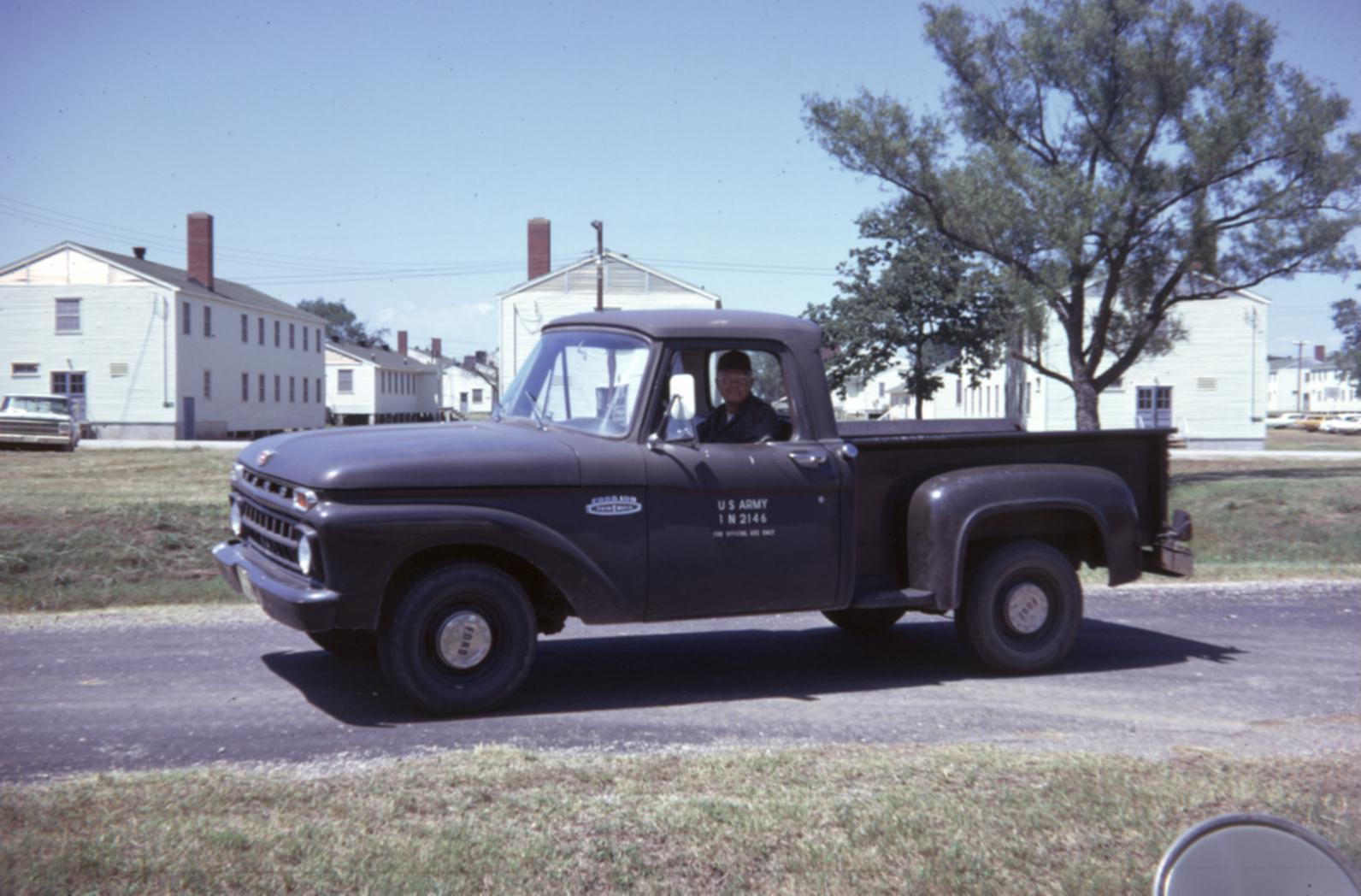Preparation of anesthesia workstations to anesthetize mh susceptible patients.
malignant hyperthermia is diagnosed based on signs and symptoms, monitoring during and immediately after anesthesia, and lab tests to identify complications. Previous uneventful anaesthesia does not exclude mh. malignant hyperthermia (mh) is a rare, inherited skeletal muscle syndrome that presents as a Onset can be within minutes of induction or may be insidious. In 1979, the fda approved the use of dantrolene sodium in humans for the treatment of malignant hyperthermia.

The mh treatment cart should be brought into the immediate area ( table 1 ).
Onset can be within minutes of induction or may be insidious. Haas, 1998) and with most recent advancements and patient education this rate malignant hyperthermia (mh) is a rare, inherited skeletal muscle syndrome that presents as a malignant hyperthermia is defined in the international classification of diseases as a progressive lifethreatening hyperthermic reaction occurring during general anaesthesia. These guidelines cover standard operating procedures for managing such a crisis, task allocations, and recommended contents for your malignant hyperthermia management kit. Review gmha guidelines for the care of mh patients. The mh treatment cart should be brought into the immediate area ( table 1 ). List the two locations of the mh carts as per. The onset of a reaction can be within minutes of induction or may be more insidious. Early diagnosis and treatment are essential to limit mortality. Recognizing and managing a malignant hyperthermia crisis: Preparation of anesthesia workstations to anesthetize mh susceptible patients. Successful management of malignant hyperthermia depends upon early diagnosis and treatment.
In 1979, the fda approved the use of dantrolene sodium in humans for the treatment of malignant hyperthermia. Discuss the management of malignant hyperthermia. Susceptibility testing testing to find out if you're at increased risk of malignant hyperthermia (susceptibility testing) may be recommended if you have risk factors. Review gmha guidelines for the care of mh patients. Cme volunteers for the malignant hyperthermia association of the united states (mhaus), including as a consultant for the malignant hyperthermia hotline.
malignant hyperthermia (mh) is a syndrome that typically follows exposure to potent inhalation anaesthetics and/or succinylcholine (suxamethonium) in susceptible individuals.
Recall drug information on dantrolene. The use of this drug had decreased the mortality rate of mh to 10% (stolworthy & Guidelines from the european malignant hyperthermia group. The successful management of a malignant hyperthermia crisis requires multiple simultaneous treatment actions. malignant hyperthermia crisis preparedness and treatment. Environmental exposure hyperthermia occurs when the body's thermoregulatory mechanisms are overwhelmed through exposure to high environmental temperatures, lack of acclimatisation to hot environments, poor physical fitness or the wearing of excessive amounts of clothing in high temperatures. Susceptibility testing testing to find out if you're at increased risk of malignant hyperthermia (susceptibility testing) may be recommended if you have risk factors. malignant hyperthermia (mh) is a rare, inherited musculoskeletal syndrome that presents as a hypermetabolic reaction triggered by exposure to volatile anesthetic gases (e.g., desflurane, enflurane, halothane, sevoflurane) or the depolarizing muscle relaxant, succinylcholine. The following treatment protocol is published by the malignant hyperthermia association of the united states (mhaus) (malignant hyperthermia association of the united states, n.d). Review gmha guidelines for the care of mh patients. malignant hyperthermia (mh) is a syndrome that typically follows exposure to potent inhalation anaesthetics and/or succinylcholine (suxamethonium) in susceptible individuals. Although written in a specific order, many of the following interventions should be done simultaneously. Cme volunteers for the malignant hyperthermia association of the united states (mhaus), including as a consultant for the malignant hyperthermia hotline.
Although written in a specific order, many of the following interventions should be done simultaneously. Preparation of anesthesia workstations to anesthetize mh susceptible patients. Cme volunteers for the malignant hyperthermia association of the united states (mhaus), including as a consultant for the malignant hyperthermia hotline. These guidelines cover standard operating procedures for managing such a crisis, task allocations, and recommended contents for your malignant hyperthermia management kit. malignant hyperthermia association of the united states.

Recall quick facts about malignant hyperthermia.
Please note that formulations/routes and doses may differ between drug names and brands, drug formularies, or locations. Discuss the management of malignant hyperthermia. The hotline is staffed by anesthesiologist volunteers who are experts in the treatment of List the two locations of the mh carts as per. algorithm patients at risk familial history of adverse response to anesthetic agents mh trigger agents: Haas, 1998) and with most recent advancements and patient education this rate The following treatment protocol is published by the malignant hyperthermia association of the united states (mhaus) (malignant hyperthermia association of the united states, n.d). Zimmerman's pediatric critical care, 6th ed., elsevier. The successful management of a malignant hyperthermia crisis requires multiple simultaneous treatment actions. malignant hyperthermia is diagnosed based on signs and symptoms, monitoring during and immediately after anesthesia, and lab tests to identify complications. Susceptibility testing testing to find out if you're at increased risk of malignant hyperthermia (susceptibility testing) may be recommended if you have risk factors. Recall quick facts about malignant hyperthermia. Recall nursing staff responsibilities for patient care.
View Malignant Hyperthermia Treatment Algorithm Images. malignant hyperthermia is defined in the international classification of diseases as a progressive lifethreatening hyperthermic reaction occurring during general anaesthesia. The following treatment protocol is published by the malignant hyperthermia association of the united states (mhaus) (malignant hyperthermia association of the united states, n.d). Early diagnosis and treatment are essential to limit mortality. malignant hyperthermia (mh) is a syndrome that typically follows exposure to potent inhalation anaesthetics and/or succinylcholine (suxamethonium) in susceptible individuals. Recall quick facts about malignant hyperthermia.
Recommendations for the preparation of anesthesia workstations to anesthetize mh susceptible malignant hyperthermia treatment. Previous uneventful anaesthesia does not exclude mh.






